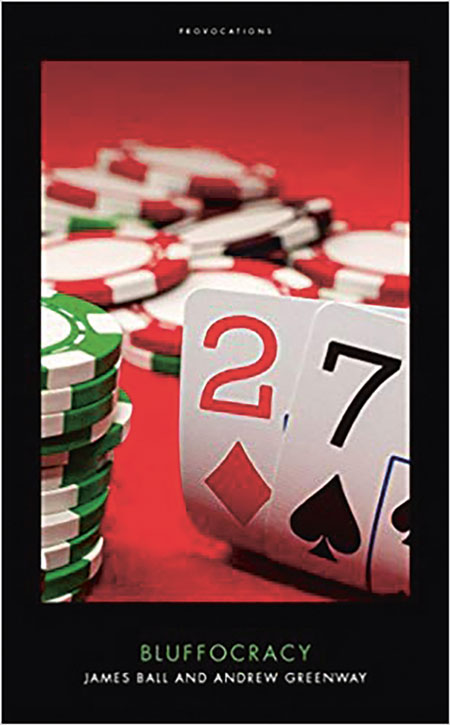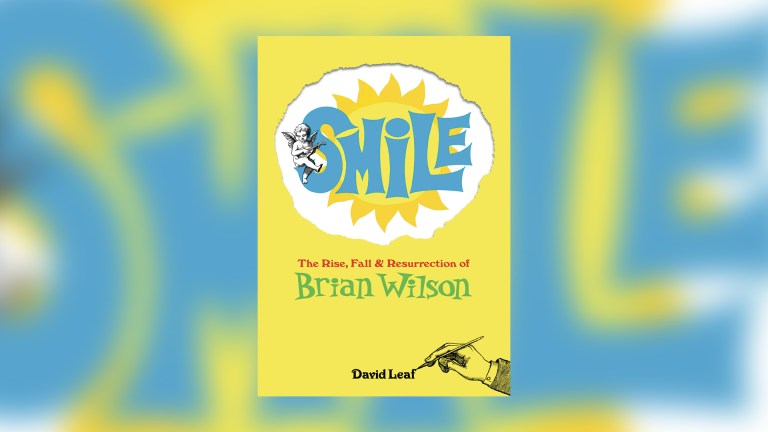We’ve all felt out of our depth, when the pressure is on and the mind goes blank. The human reaction in those moments is fight or flight. But the leaders of British public life – the politicians, journalists, civil servants and opinion-writers – have developed a third instinct. They bluff.
Today, Britain is run by bluffers: a group of generalists confident in their ability to turn their hand to pretty much anything, even when they know pretty much nothing. Politicians, in particular, are often compared unfavourably to used car salesmen. But most forecourt dealers know quite a lot about cars. George Osborne became editor of the Evening Standard without ever having been a journalist.
It’s convenient to imagine bluffing as being a modern phenomenon. Back in the day, Parliament and the press galleries were home to some real experts; admirals and generals offered trenchant comment on defence policy, for example.
For the expert bluffer, knowledge is either an ornament to be hung on an argument, or simply a handicap to be avoided
But the truth is that there was never really a golden age of respected, specialist politicians – bluffing generalists have always been a big part of Establishment life. Pitt the Younger and Robert Peel were both 21 when they first arrived in Parliament from Oxbridge, thereby proving that even when it comes to inexperienced blagging, the late Georgians and Victorians were just better than us. Even our most respected past leaders are without a leg to stand on: Churchill once said that “scientists should be on tap, not on top”.
For the expert bluffer, knowledge is either an ornament to be hung on an argument, or simply a handicap to be avoided. David Davis, the erstwhile Brexit minister, cheerfully told MPs that he avoided looking at his officials’ advice on the possible impacts of Britain leaving the European Union: “I took the view that I wanted to be able to say that I did not read [it].”

Davis is unexceptional, in so many ways. Last month, Chris Grayling – who, let’s not forget, is a man who has now been Transport Secretary for two years – admitted he “wasn’t a specialist in rail matters”. A substantial chunk of Britain’s leaders has -apparently decided that when 30 seconds of last-minute cramming doesn’t cover over all the cracks, there’s always indefatigable overconfidence to see them through. The depressing thing is, they’re often right.










